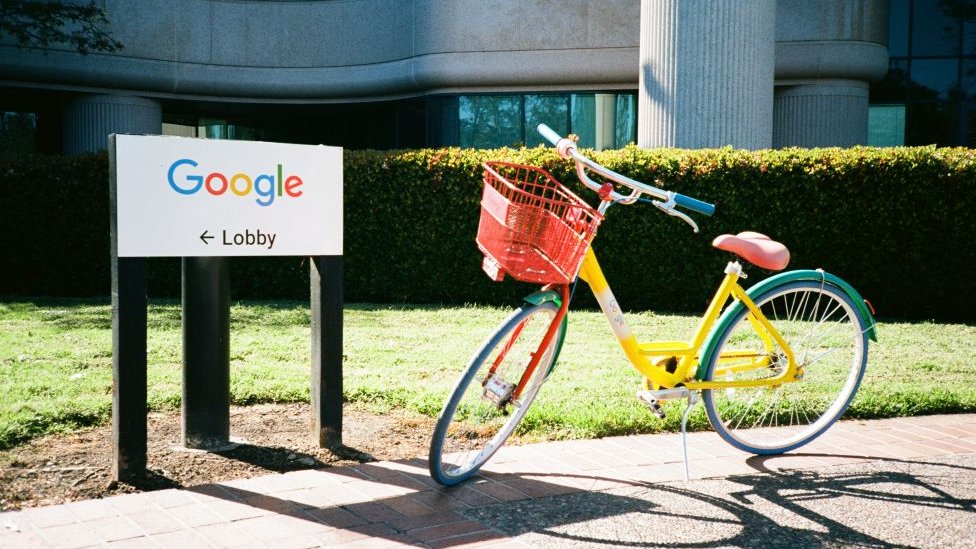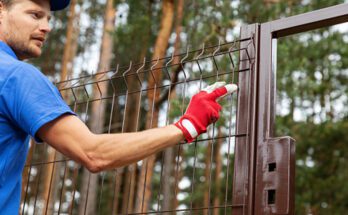
image copyrightGetty Images
Google says it has wiped out its entire carbon footprint by investing in “high-quality carbon offsets”.
It became carbon-neutral in 2007 and says it has now compensated for all of the carbon it has ever created.
It also aimed to run all of its data centres and offices on carbon-free energy by 2030, chief executive Sundar Pichai has announced.
Other large technology companies have also committed to reducing or eliminating their carbon use.
Mr Pichai said Google’s pledge to be using only carbon-free energy by 2030 was its “biggest sustainability moonshot yet”.
“We’ll do things like pairing wind and solar power sources together and increasing our use of battery storage,” he said.
“And we’re working on ways to apply AI [artificial intelligence] to optimise our electricity demand and forecasting.”
The endeavour would create 12,000 jobs over the next five years, Mr Pichai added.
Greenpeace said Google was setting “a new high-bar for the sector” with its ambition.
“Today’s announcement, combined with Google’s promise in May to no longer create artificial intelligence solutions for upstream oil and gas exploration, shows that Google takes its role in combating climate change seriously,” said Elizabeth Jardim, senior corporate campaigner at Greenpeace USA.


Environmentalists will welcome yet another publicity-catching announcement from a world-leading business to abolish the emissions damaging the atmosphere.
It has become fashionable – which is good for the planet.
But the claim to have eliminated all Google’s historical carbon “debt” since the company was founded needs scrutiny.
It is great a company is attempting this feat – offsetting their emissions by supporting projects such as planting trees.
But offsetting is a controversial process.
There are lots of organisations chasing the offsets – and limited land.
Also, CO2 emissions last more than 100 years in the atmosphere.
So Google will need to commit to safeguarding the trees it plants for the next century and keeping them safe from felling and fires.
And that is a big ask.
Read MoreFeedzy


